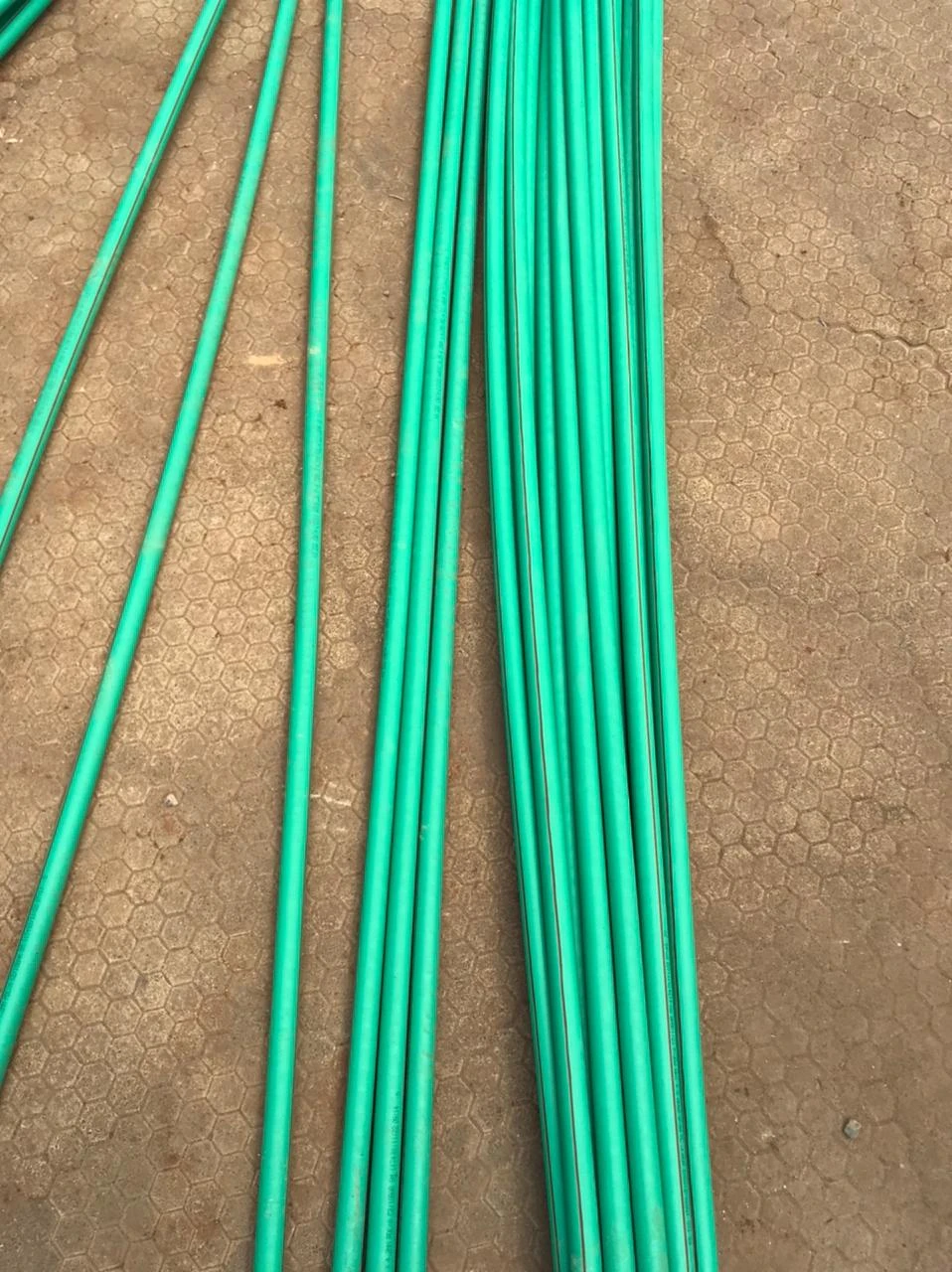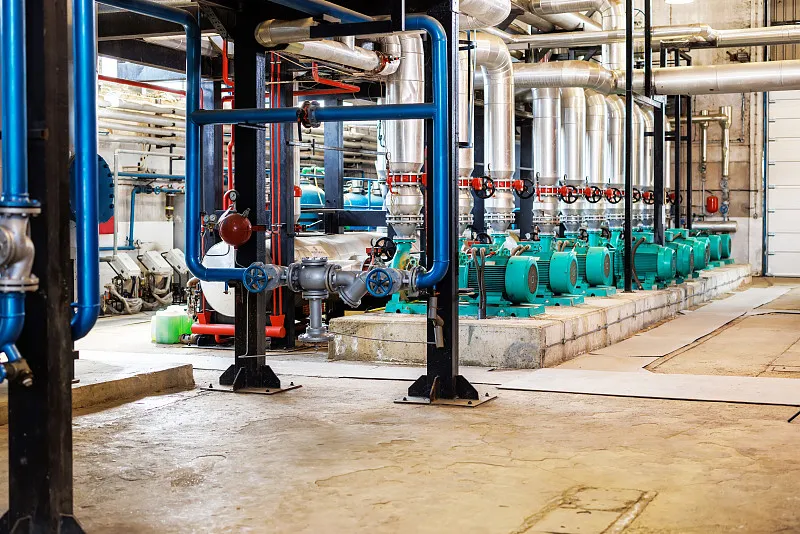PPR (Polypropylene Random Copolymer) pipe ASTM F2389 are increasingly popular in various applications due to their excellent properties, including durability, chemical resistance, and versatility. Below are some of the main uses of PPR pipes across different sectors:
1. Residential Plumbing
PPR pipes are widely used in residential plumbing systems for both hot and cold water supply. Their resistance to corrosion and scaling makes them ideal for maintaining water quality. They can efficiently handle the pressures and temperatures typically encountered in home plumbing.
2. Commercial Buildings
In commercial applications, PPR pipes are commonly employed for plumbing, heating. Cooling systems in buildings such as offices, hotels, and shopping malls. Their lightweight nature and ease of installation reduce labor costs, while their durability ensures a reliable water supply.
3. Industrial Applications
PPR pipes are suitable for industrial fluid transport, especially in sectors that require chemical resistance. Industries such as food processing, pharmaceuticals. And chemical manufacturing benefit from using PPR pipes to transport various liquids, including corrosive substances, without degradation.
4. Irrigation Systems
PPR pipes are often used in agricultural applications for irrigation systems. Their resistance to chemicals and UV radiation, combined with their ability to handle varying pressures. Makes them an effective choice for efficient water distribution in fields and gardens.

5. Heating Systems PPR pipe
PPR pipes are ideal for underfloor heating systems and other heating applications. Due to their ability to withstand high temperatures (up to 95°C or 203°F). They provide a safe and efficient means of distributing heated water, contributing to energy-efficient heating solutions.
6. Fire Protection Systems PPR pipe
Due to their high-pressure resistance and durability, PPR pipes utilized in fire protection systems. They ensure reliable access to water for firefighting efforts in both residential and commercial buildings.
7. Municipal Water Supply PPR pipe
PPR pipes commonly used in municipal water supply systems for the transport of drinking water. Their non-toxic nature. Resistance to leaching make them a safe option for potable water applications. Ensuring that water quality maintained over long distances.
8. Wastewater Management
PPR pipes in wastewater management systems. Resistant to many chemicals and have a smooth surface that reduces the risk of blockages.
9. Renewable Energy Systems
In renewable energy applications geothermal heating and solar water heating systems, PPR pipes can be used due to their thermal stability and resistance to heat. Contributing to efficient energy transport.
Conclusion
PPR pipes are a versatile and reliable solution for a wide range of applications across residential, commercial, industrial, and agricultural sectors. Their durability, chemical resistance, and ease of installation make them a preferred choice for modern plumbing and fluid transport systems. As the demand for safe and efficient water supply solutions continues to rise, the use of PPR pipes is expected to expand further in various industries.


















